Medical tests are essential because prevention is always better than hunting for a cure. Most of us hate the thought of lab tests because of the needle pricks, but they are necessary for continued good health. the fact remains that routine medical tests are very effective in preventing illnesses, reducing morbidity and mortality, and improving the quality of life.
Are Medical Tests for Elderly People Alone?
This is a common misconception, but medical tests are not for elderly people alone. Neither should you do them only when you’re sick. In fact, there are certain tests you should do within a certain age bracket and they change as you age.
Are These Medical Tests Really Compulsory?
Yes, they are absolutely necessary. As always, you should speak to your doctor for guidance before you take a medical test and also take your unique medical history into account at all times.
Routine health checkups help you:
- Evaluate your risk for future illnesses.
- Check if you have any current illnesses that are not symptomatic.
- Build a healthy lifestyle.
- Help you stay up to date with important immunizations.
- It makes you familiar with your doctor and provides a baseline for comparison of values in the future.
Here are the medical tests you should consider doing before you turn 30 or as you turn 30.
Height and Weight Test
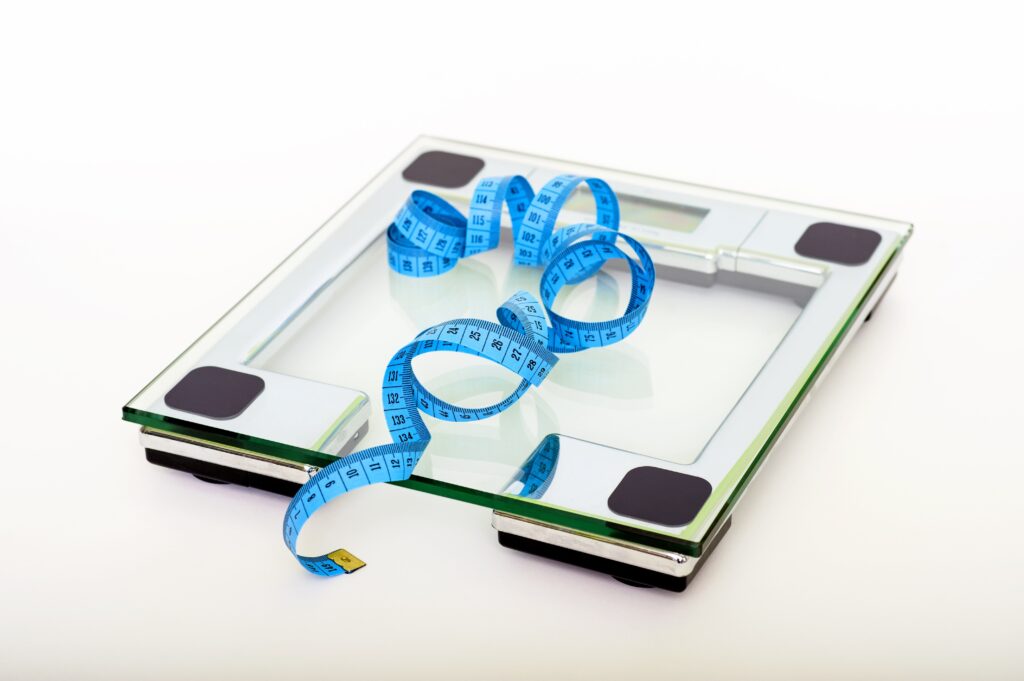
It might not be fun but it’s necessary to check it. Knowing your height and weight helps to derive your BMI. Being overweight will put you at risk of developing several diseases in the future.
Blood Pressure Medical Test
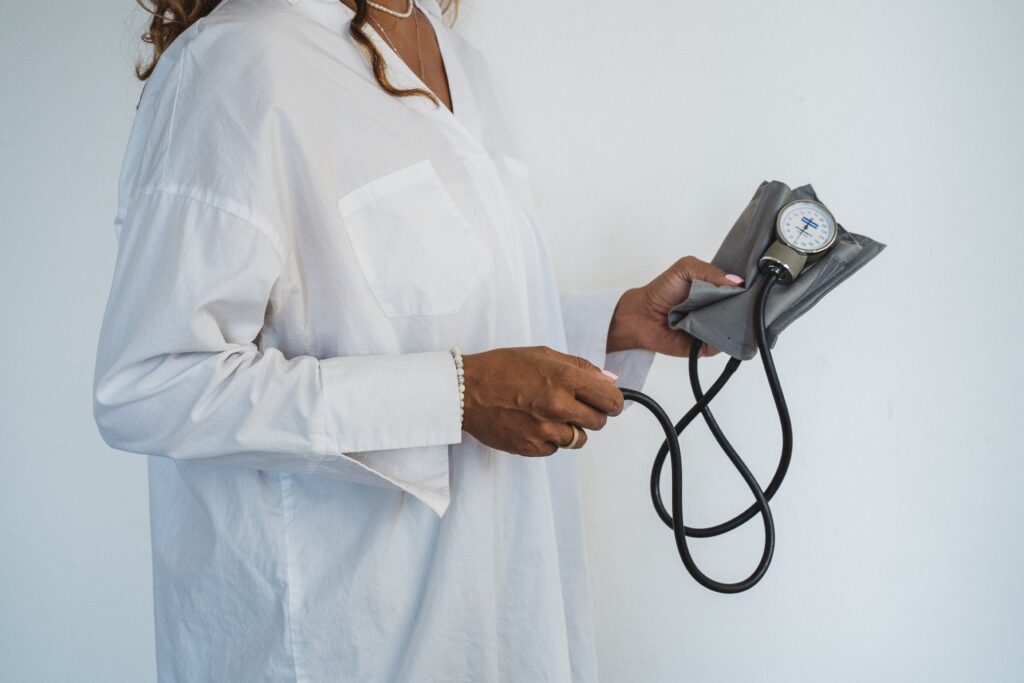
This is a painless, non-invasive test that should be monitored regularly. Knowing your blood pressure value is important to help detect hypertension which is usually asymptomatic in the early stages. Contrary to popular belief, people 30 years and younger have now been diagnosed with hypertension as well as stroke. It’s never too early to start.
If your blood pressure is over 120/90mmHg, you have diabetes or other health conditions, you’re overweight or you’ve been hypertensive in a previous pregnancy, you should definitely check your blood pressure regularly.
HIV and STI Medical Tests
A large number of people in this age bracket are sexually active. You should undergo screening for sexually transmitted diseases regularly or before you interact with a new sexual partner. Some STIs can be transmitted through other ways, not only through sex. For instance, needle pricks in the salon can also transmit HIV. So even if you’re not sexually active, it’s still important to do this screening. Get into the habit of doing this for the sake of your health in the future. It is also important to get a Hepatitis C screening done.

Pelvic Examination (For Women)
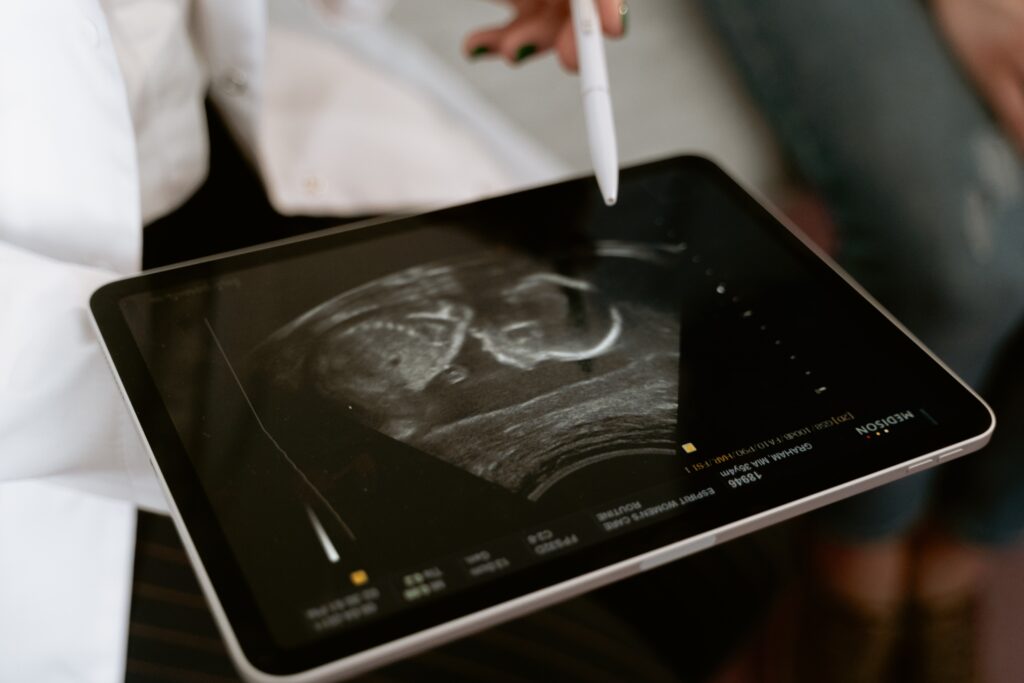
Women will benefit from visiting their gynecologist regularly. Some diseases affecting the female reproductive organs start around this age bracket and may not be symptomatic. A routine pelvic exam is helpful to detect them early. Doctors recommend undergoing routine pap tests from the age of 21.
Breast Cancer Screening
Apart from the self-breast examination, which you can do at home, you may undergo medical tests for breast cancer if there is an increased risk of the disease. If you have a risk genetic marker or you’ve had a relative with breast cancer, you should see your doctor for a screening.

Skin Screening
This is helpful in detecting moles or birthmarks that are not usual. Some of them may be pre-cancerous and should get prompt treatment. Also, use sunscreen regularly to prevent skin damage, and subsequently, skin cancer.
Cholesterol Screening
Cholesterol screening or lipid profile test is used to assess the cholesterol content in your body. Although this test is often done at your doctor’s discretion, you are likely to undergo the test if you have a family history of coronary heart disease. This medical test helps to determine your risk for heart disease in the future.
Testicular Examination (For Men)
Testicular examination helps your doctor examine the state of your testes (men). This test is usually done to identify the early signs of testicular cancer.
Eye Test
Routine eye tests help your ophthalmologist assess your vision and recommend prescription glasses if necessary. They can also identify eye damage that may be in progress and recommend appropriate treatment.
Dental Examination
A dental examination evaluates your oral health and helps your dentist identify and treat problems before they become worse. Your dentist will also recommend best oral health practices, routine cleanings, or dental procedures to keep your oral health in good shape.
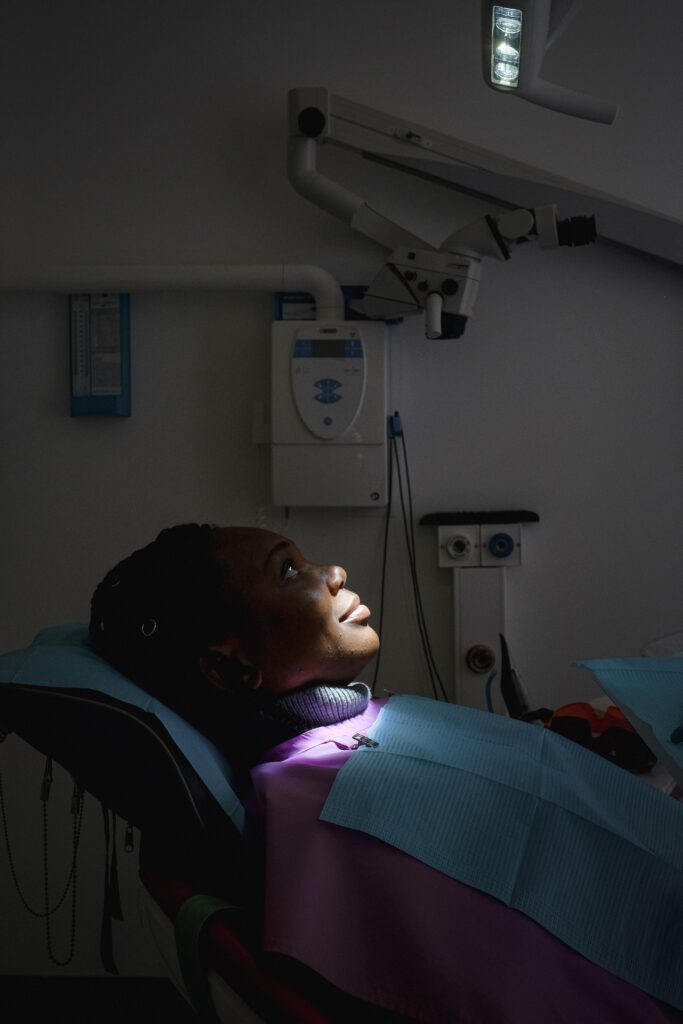
Are you age 50 and above, or do you know anyone in this age bracket? Check here to see the necessary medical tests for this age group!
Till my next post,

Dr. Omotola Oke
You can also subscribe to our newsletter for more health tips



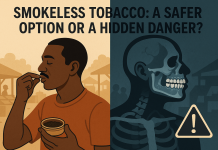






I don’t think the title of your article matches the content lol. Just kidding, mainly because I had some doubts after reading the article.
Can you be more specific about the content of your article? After reading it, I still have some doubts. Hope you can help me.